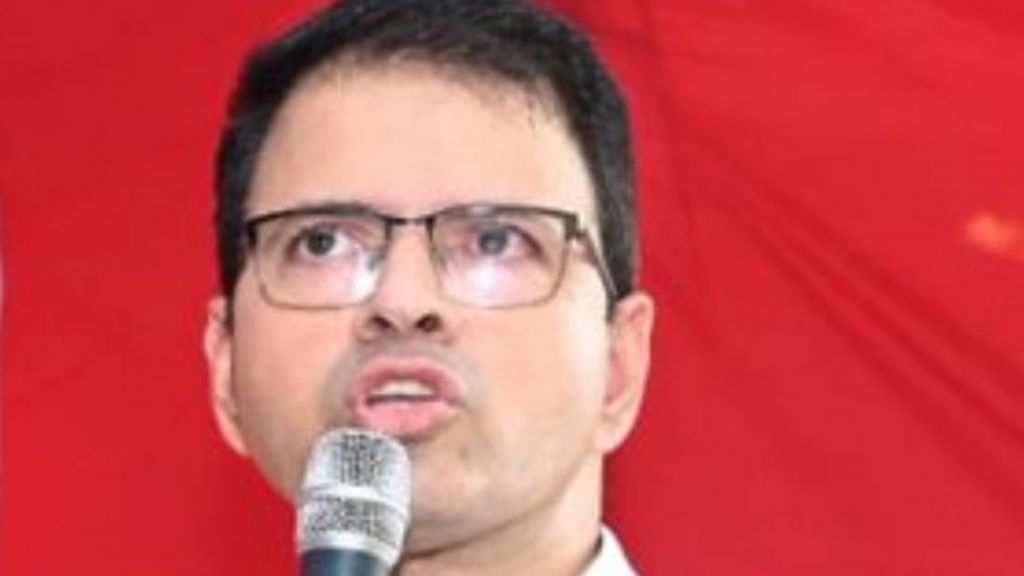
The recent Kurla bus tragedy has brought the wet lease system used by the Brihanmumbai Electric Supply and Transport (BEST) undertaking under intense scrutiny. As concerns grow, parallels are being drawn with Delhi's infamous blue line buses, which were eventually scrapped due to their notorious safety record.
In an exclusive conversation with The Free Press Journal's correspondent Kamal Mishra, Shashank Rao, a prominent workers' union leader, shared his insights on the issues plaguing the wet lease system, the Kurla accident, and its far-reaching implications.
Q: What are your concerns about the wet lease system, and how do you think it contributes to accidents like the one in Kurla?
A: I firmly believe that the wet lease system and the contractor operating under it is fully responsible for Kurla bus accident. The entire wet lease system, including the agreements with contractors, is structured to favor the contractor, giving them excessive liberty. This compromises safety and quality. That’s why I am demanding that the wet lease system be scrapped altogether.
Q: Do you believe the Kurla bus accident was preventable? If so, what measures could have been taken?
A: Absolutely, the Kurla accident was preventable. It is a very unfortunate incident, and I strongly feel that proper training could have avoided this tragedy. The driver, who had never driven an electric vehicle before, was handed a bus after only three days of training. Expecting someone with such limited experience to navigate the busy roads of Mumbai is entirely unacceptable. Strict action must be taken against the wet lease contractor.
Q: Do you think wet lease system contractors prioritize cost-cutting over driver training and safety?
A: Without a doubt. Contractors are more focused on maximizing profits than ensuring quality service. Most wet lease buses are poorly maintained, and drivers are forced to work under extreme pressure. Many are even made to work overtime without adequate rest. This not only endangers the drivers but also the passengers and other road users.
Q: What kind of training do wet lease BEST bus drivers receive? Is it adequate?
A: The training provided is far from adequate. Ideally, drivers should receive extensive training, especially when dealing with new technologies like electric buses. However, most contractors are not adhering to these rules. Drivers are put on the roads after just a few days of training, which is insufficient for handling buses on Mumbai’s congested roads
Q: How has the accident affected the morale of BEST bus drivers?
A: The accident has significantly affected the morale of the drivers. They are under immense pressure even though they are not at fault. I have personally requested the BEST general manager not to deploy permanent BEST drivers on wet lease buses because these buses are not properly maintained. This creates an unsafe environment for both drivers and passengers.
Q: What is your suggestion for boosting driver morale?
A: Drivers need to be given specific, thorough training. For instance, it should be clearly defined who will drive electric buses and who will drive traditional ones, as the technologies are vastly different. Drivers of one type of bus should not be deployed on the other. Ensuring proper training and role allocation will help reduce stress and improve safety, especially on Mumbai’s busy roads.
Q: What’s your observation about the Kurla accident, and what actions should be taken to prevent such tragedies in the future?
A: Once again, I emphasize that the lack of adequate training was the root cause of this accident. To prevent such tragedies, the wet lease system must be abolished. Mumbai deserves safe and affordable public transport. BEST should focus on maintaining an adequate fleet size by procuring self-owned buses rather than relying on contractors.